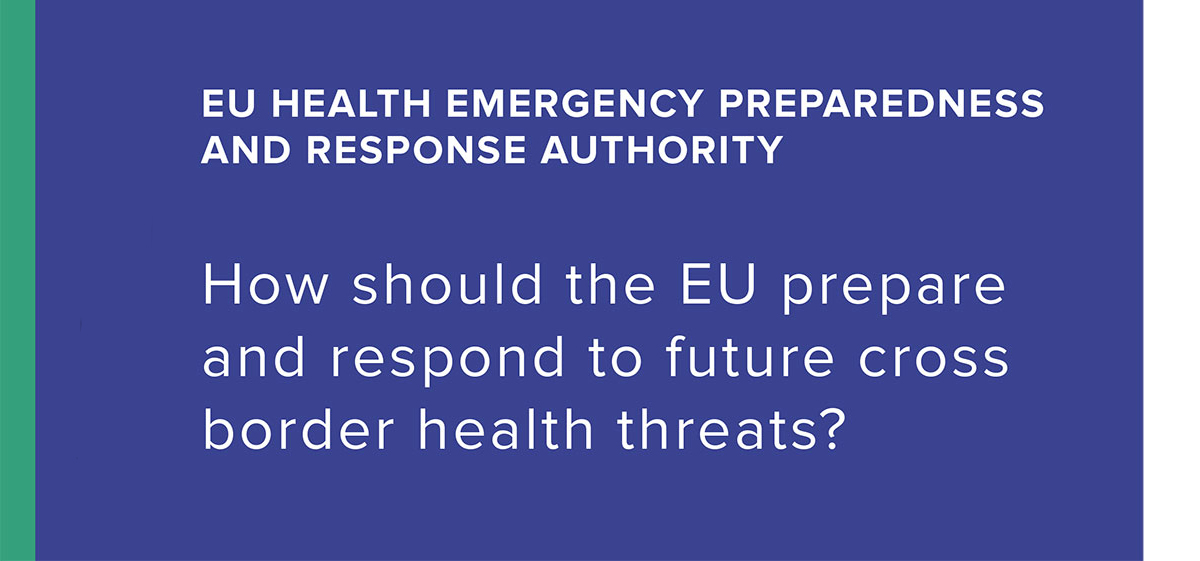
The EU’s new health agency must grow its remit over time if it’s to be successful, a new report today argues.
An initial narrow scope for HERA should not be interpreted as a lack of ambition. For Beth Thompson, Associate Director of Policy at Wellcome Trust, there is no doubt that the creation of the announced European Health Emergency Preparedness and Response Authority is a step in the right direction, “but, in the short term, HERA will only be effective if it asserts its authority without overstepping its role in relation to others, such as the European Centre for Disease Prevention and Control. By working closely collaboratively with other actors, HERA has the opportunity to play an important global role in future preparedness”.
This is the conclusion of a joint report, “EU Health Emergency Preparedness and Response Authority: How should the EU prepare and respond to future cross border health threats?”, published today (19 May) by the Wellcome Trust and the Federation of the European Academies of Medicine (FEAM).
In the long-term, and between crises, the report recommends that HERA seeks to harmonise the European research and development landscape for pandemic preparedness and response. George Griffin, President of FEAM and Emeritus Professor of Infectious Diseases and Medicine at St George’s University of London says this harmonisation will allow HERA to remain “relevant and active between emergencies and should be a core part of the forthcoming assessment that will guide the EU Commission’s proposal”.
Wellcome Trust and FEAM also stressed that the agency must ensure its work is connected to agencies and actors in Europe and worldwide and should form part of a new preparedness ecosystem. Principles of global cooperation and equitable access should be at its heart.
The European Commission plans to legislate for HERA in September 2021, with the agency starting work in 2023.
About the report:
In 2020, the European Commission announced the EU Health Emergency and Preparedness Response Authority (HERA) as part of a broader set of proposals for an EU Health Union. This report sets out the role that HERA could fill in the evolving European Health landscape. It is informed by interviews with over 40 experts from research organisations, civil society, think tanks and industry, based in Brussels, EU Member States and beyond. Although consultation was a crucial element of the project, the report recommendations are independent and reflect the opinions of the Wellcome Trust and the Federation of European Academies of Medicine.
Key Recommendations of the report
HERA must be focused, yet flexible to deliver results, build credibility and consider the long-term.
HERA must be independent in its activities and governance, and guided by the principles of transparency, autonomy and accountability.
HERA must be collaborative to build on strengths in the EU health and research system.
HERA must be global in its approach to health threats to reflect European values, by embedding coordination and access in its work.